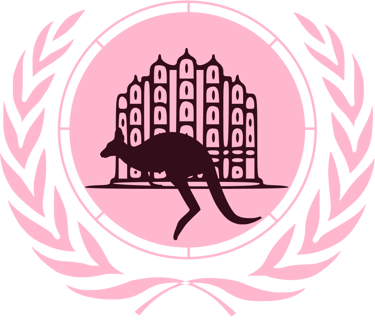
United Nations Human Rights Council


Agenda:
Discussing the issues arising from extrajudicial and genocidal killing
The Human Rights Council was established in 2006 by Resolution 60/251 as a subsidiary body to the UN General Assembly. It replaced the former Commission on Human Rights, which operated from 1946 to 2006.
The Human Rights Council is an intergovernmental body within the United Nations system responsible for strengthening the promotion and protection of human rights around the globe and for addressing situations of human rights violations and making recommendations on them. It has the ability to discuss all thematic human rights issues and situations that require its attention throughout the year. It meets at the United Nations Office at Geneva (UNOG). The Council composes of 47 Member States elected directly and individually by a majority of the 193 states of the UN General Assembly through a systematic secret ballot procedure. Elections take place every year. Each member serves a three-year term. Membership is limited to two consecutive terms.
The UNHRC provides a multilateral forum to address human rights violations and country situations. It responds to human rights emergencies and makes recommendations on how to better implement human rights on the ground. It holds crisis meetings known as special sessions to respond to urgent human rights situations, 36 of which have been held to date; Members commit to upholding human rights and are expected to cooperate fully with the Council. The General Assembly may vote to suspend a membership in the case of gross and systematic violations of human rights.
The Human Rights Council establishes international commissions of inquiries, fact-finding missions and investigations to respond to serious violations of international human rights and humanitarian law, whether protracted or resulting from sudden events, and to promote accountability for such violations and counter impunity.
The Human Rights Council uses a variety of subsidiary bodies, expert mechanisms, working groups and forums to make its work come to life. The main subsidiary bodies of the Council are:
- Universal Periodic Review
- Special Procedures
- Advisory Committee



AUSMUN INDIA
AUSMUN INDIA
Office No.508 & 509, 5th Floor, Gaurav Tower 1, Plot No.1, Indira Palace, Malviya Nagar - 302017
+91 9950092499
info@ausmunindia.com
Event Organized and Curated by



&





